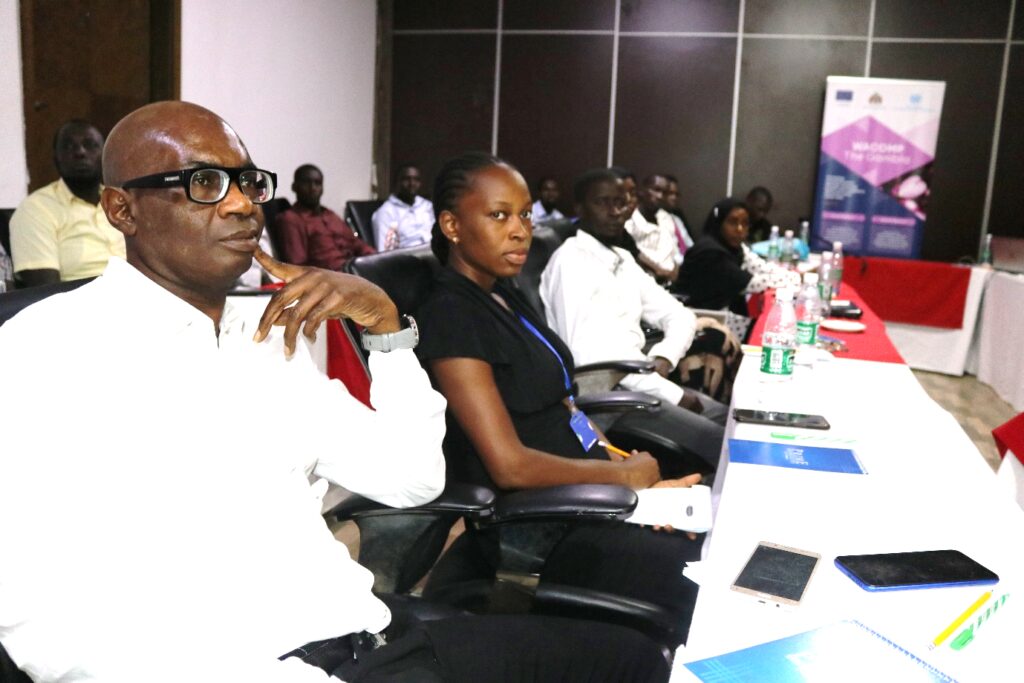The West Africa Competitiveness Program – The Gambia (WACOMP-GM) has concluded a 2-day advanced training on food safety based on the Hazard Analysis and Critical Control Point (HACCP) system for 24 food inspectors of the Food Safety and Quality Authority (FSQA).
The program was held on the 24th and 25th of October 2022 at Metzy Residence Hotel in Kololi.
This capacity-building event followed a similar advanced training on HACCP for the first set of 15 FSQA food inspectors on the 28th and 29th July 2022.
The HACCP system identified specific hazards and measures for control to ensure the safety of food, and it is a tool to assess hazards and establish control measures that focus on prevention rather than relying mainly on end-product testing.
the program was Funded by the European Union, while the WACOMP-GM objective is to increase competitiveness in The Gambia through enhanced quality compliance along the onion value chain, thereby strengthening the country’s competitiveness and enhancing its integration into the regional and international trading systems.
Meanwhile, it is a project implemented by the United Nations Industrial Development Organisation (UNIDO) and United Purpose (UP) in The Gambia.
The facilitator of the training, Prof. Adalberto Vieira of UNIDO is an international expert on Quality Infrastructure (QI), he provided practical training in the implementation and verification/audit of the HACCP system.
He said the participants already had a basic knowledge of the HACCP System and that the training provided an opportunity to consolidate their knowledge about the system. This, he said, included the aspects to be verified from the inspector’s perspective during the inspection of the food business operators implementing a HACCP-based food safety system.
“A successful implementation of the HACCP-based food safety system opens up several opportunities of accessing new markets and also increasing the confidence of the final consumers/costumers in the fulfilment of the mandatory food safety requirements,” he noted.
Prof. Adalberto Vieira expressed optimism in the knowledge shared with the food inspectors to effectively carry out their inspection activities. He concluded by urging participants to make good use of the lessons learned and share them with colleagues.
Antoinette MV Badjan, a participant, said the training will greatly help to improve the effectiveness of her food inspections. She thanked UNIDO WACOMP-GM for facilitating the training while looking forward to more UNIDO capacity-building initiatives like this.

